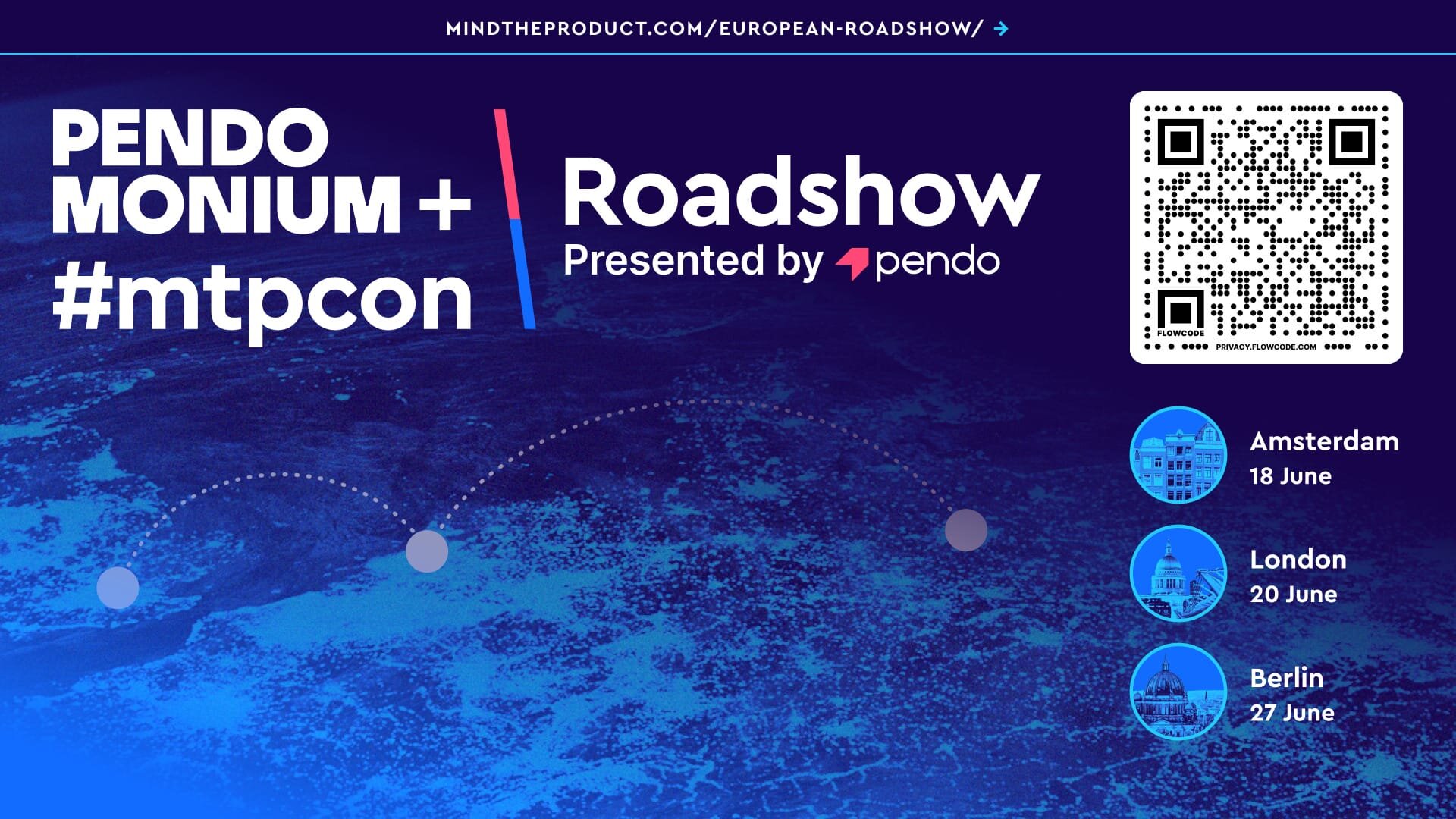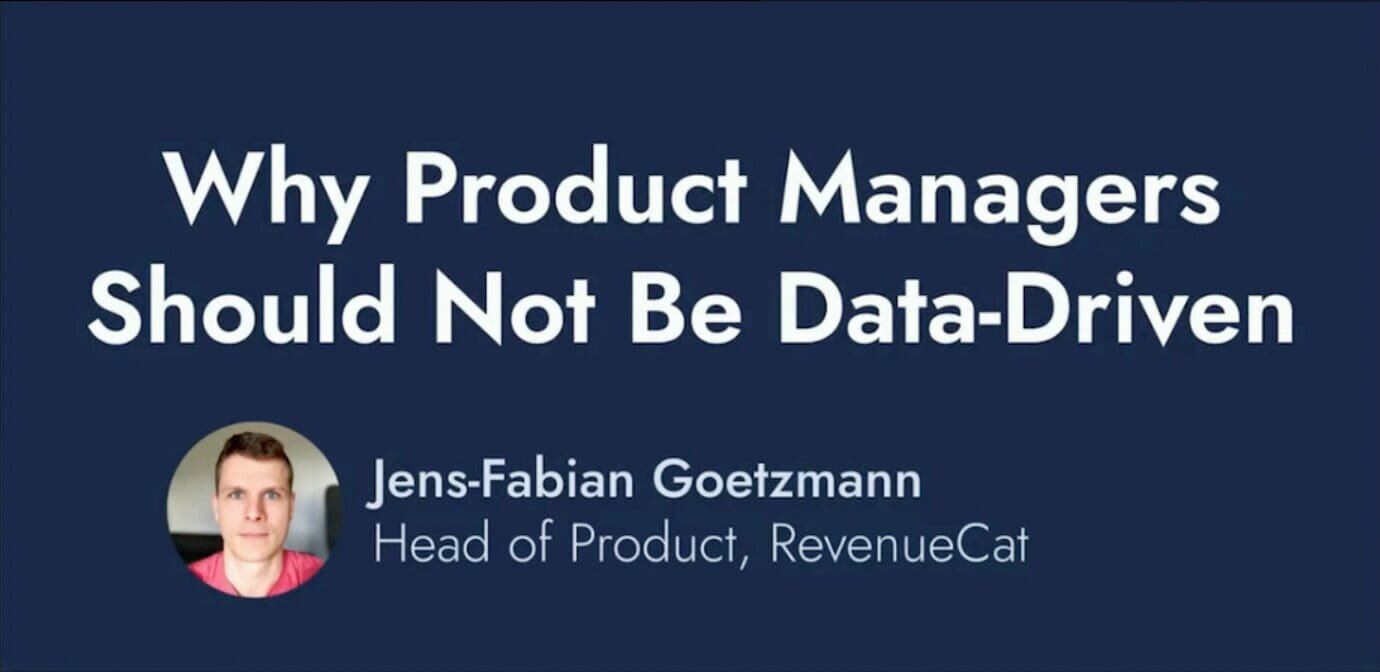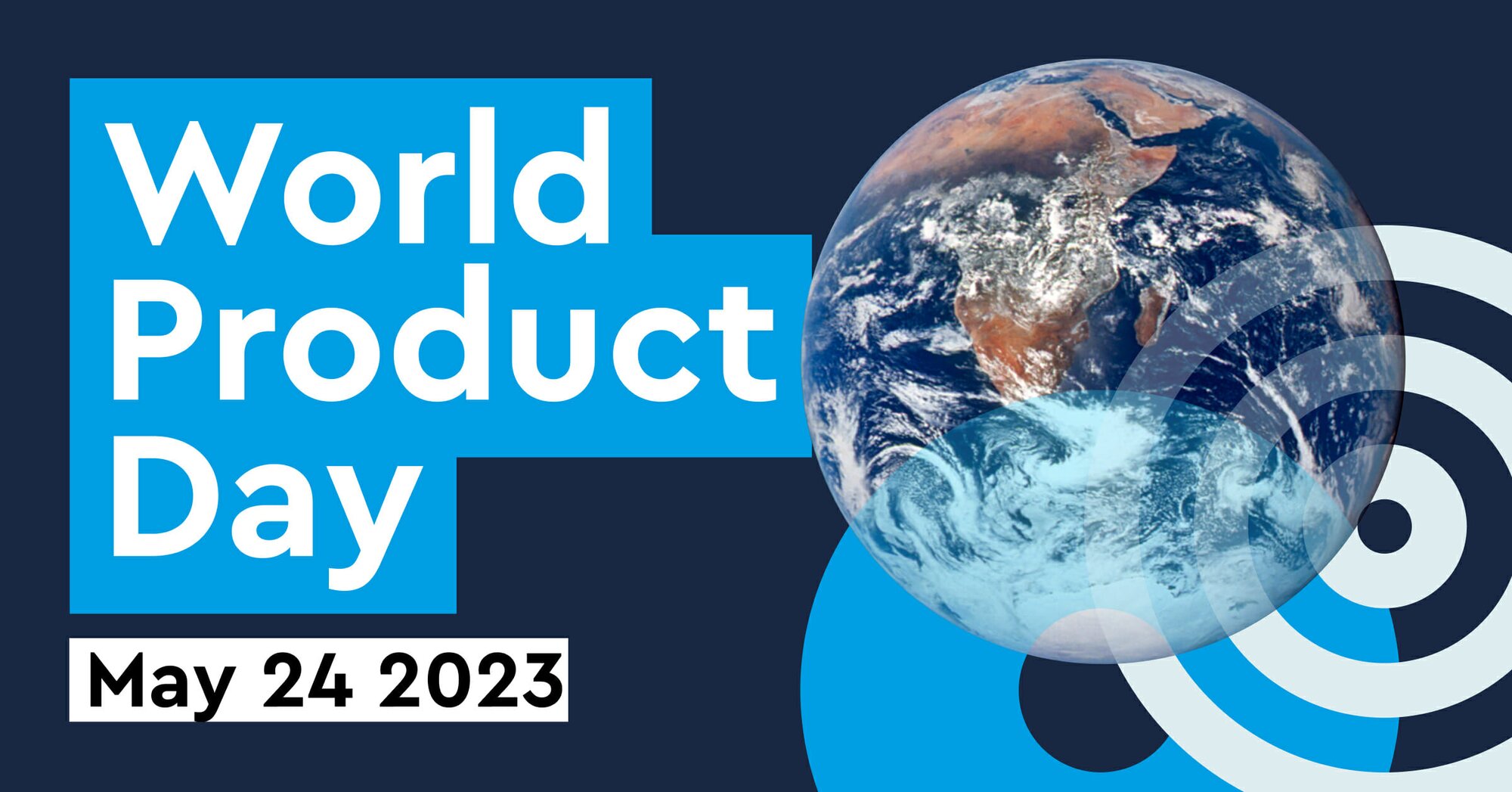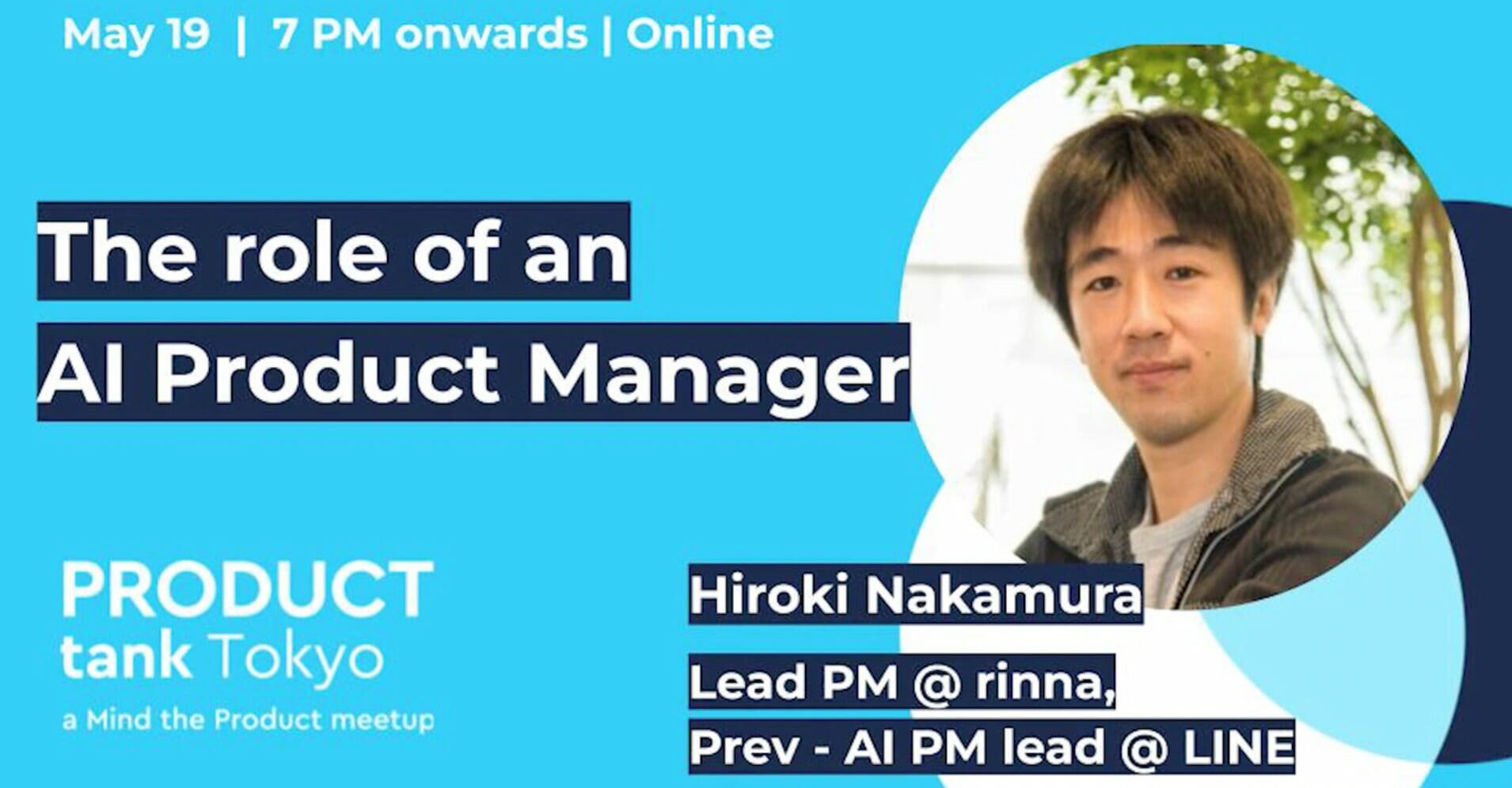Today kicked off our tenth #mtpcon London! Throughout the first digital day, over 1,000 product managers were inundated with engaging sessions and inspirational talks from the comfort of their homes and offices. Here are five key lessons that we learned as day one draws to a close.
Invest time into the business model for long-lasting products
Opening the first talk of the day was Tendayi Viki, Associate Partner at Strategyzer who taught us a lesson on innovation in product management. Instead of ‘minding the product’ we should be ‘minding the business model’ Tendayi says.
Tendayi encourages us to be involved in the business model just as much as the design of a product. “That is the reason why we make a great product that people want, but still fail,” he says. It’s important to be inflexible on the business principles but to be flexible on the features and ideas that are sparked by the model.
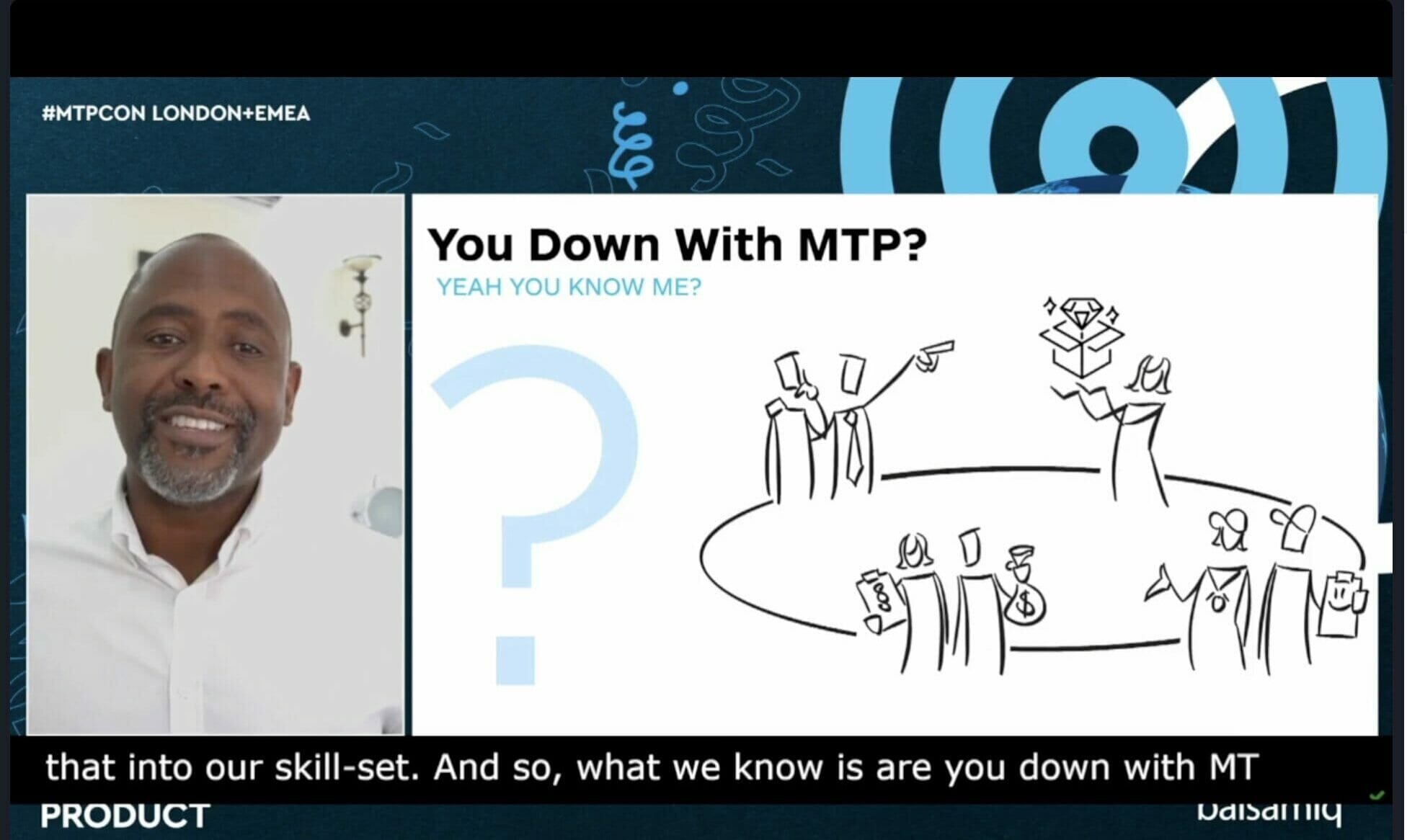
Data…it's a trap?
In one of the first digital breakout sessions for the day, Jens-Fabian Goetzmann Head of Product at RevenueCat explains why we should consider not being data-driven, a popular term amongst the product management community.
These data decisions do have a lot of appeals, Jens explains. Data doesn’t fall prey to cognitive biases, doesn’t take sides, can be fast to receive feedback on your customers, and is easy to compare.
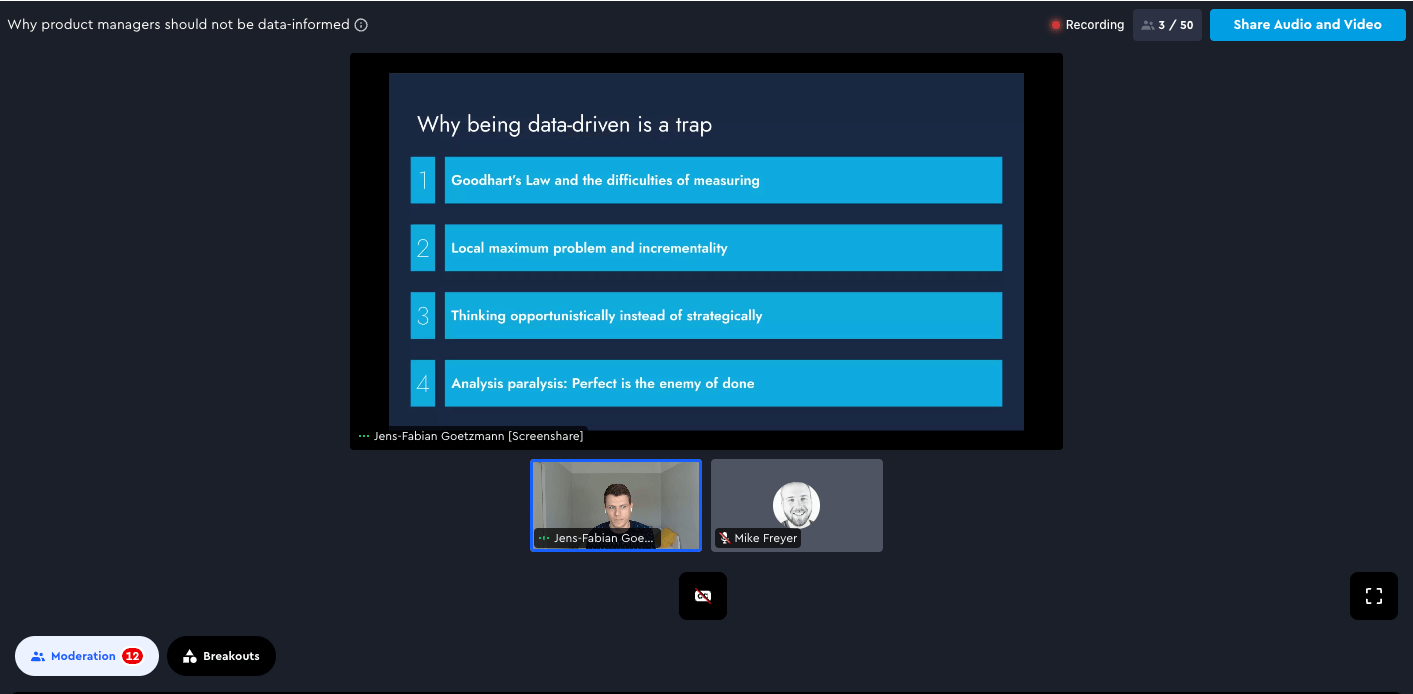
However, Jens explains that often, people fall into the trap of over-optimizing for a specific metric for the short term, which may not actually benefit the long-term success of a product. “When a measure becomes a target, it ceases to be a good measure” Goodhart’s Law states. He also adds how if teams are always data-driven, they will prefer making incremental solutions as it’s easier to find “winners” through KPIs and other metrics.
What do we do instead? Become data-informed, not data-driven, Jens says. Focus on threats and opportunities to form your product strategy and vision. Use a forward-looking picture of how the product will deliver on the strategy. Additionally, you need qualitative research to complement data. This will help to generate a greater understanding of your customers goals and problems.
Learning and growing day and night
Namrata Sarmah, Chief Product Officer at INTO was next to take the digital keynote stage on day one. She discussed the key lessons learned from her impressive product management career. At the core of all of her key achievements in scaling up to become a CPO, she explains how important continuous learning is. "You may be thrown into a completely new organisation that you are not familiar with," she says, "It is therefore imperative to prepare yourself for any situation and have a hands-on approach to whatever position you are in." This will give you the best opportunity to grow your career.
Additionally, she touches on the fact that career pivots can be risky but can be a blessing if pivoted in the right direction. "As long as you understand why you can change without any hesitations," Namrata says.
She closes by saying ‘don’t hesitate to dream big’ always forward plan and build a support network to help you grow. Build connections with your coworkers and find a mentor to help you on your journey.
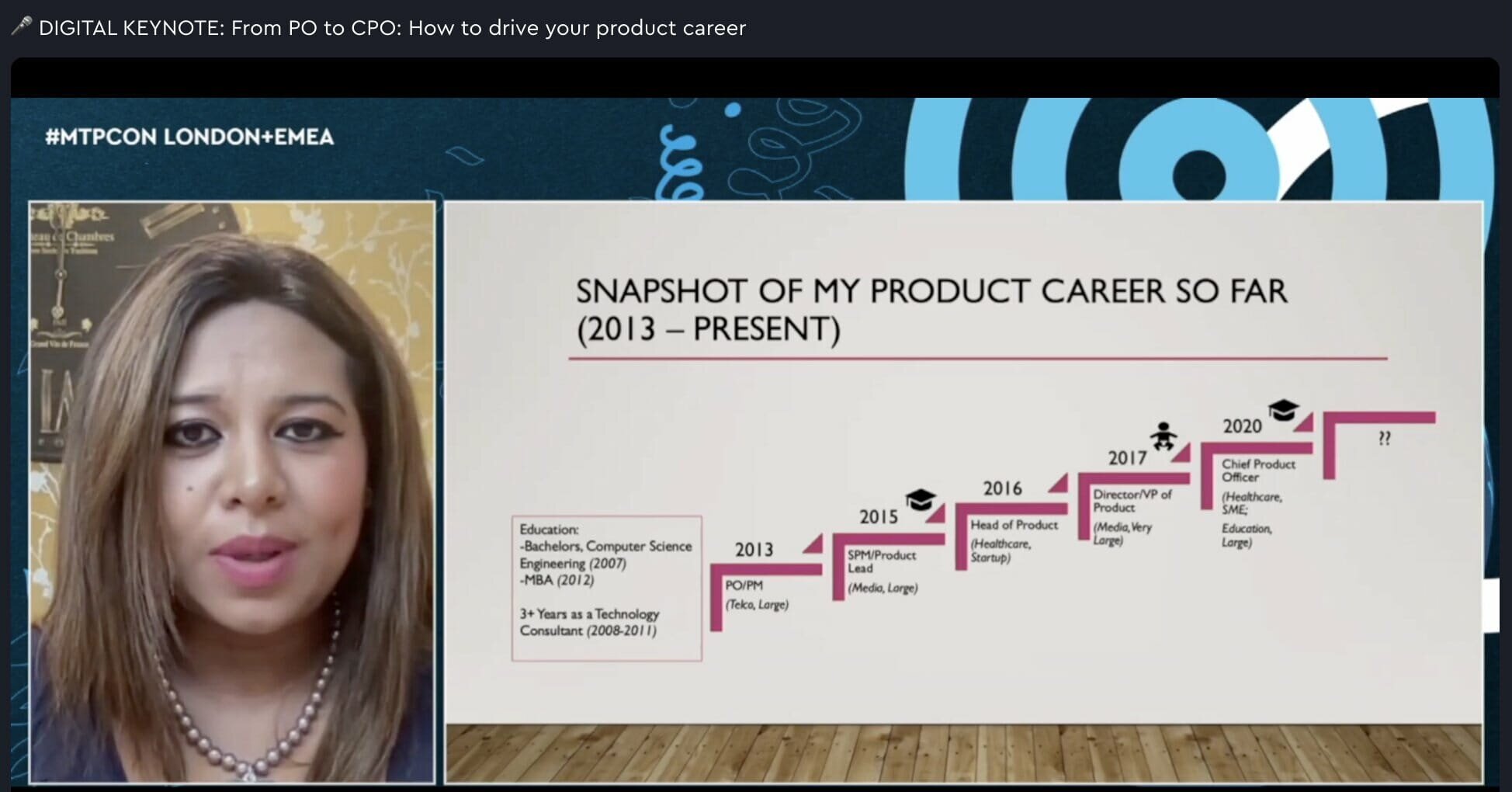
Supporting teams through product ops
Taylor DeLynn Belchak, Product Operations Lead at Deliveroo in her digital breakout session gave us the lowdown on Product Ops and why it is vital for product teams. A new discipline in product, the role aims to support product organisations to work more efficiently. We learned that product operations is aimed to bring structure and organisation to how product teams function. The four pillars of product operations are:
- Standardise
- Communicate
- Launch and maintain products
- Optimise
A key learning point that Taylor shared is to know when to deprioritise bugs and let things break. “Letting things break can lead to better solutions,” she says.
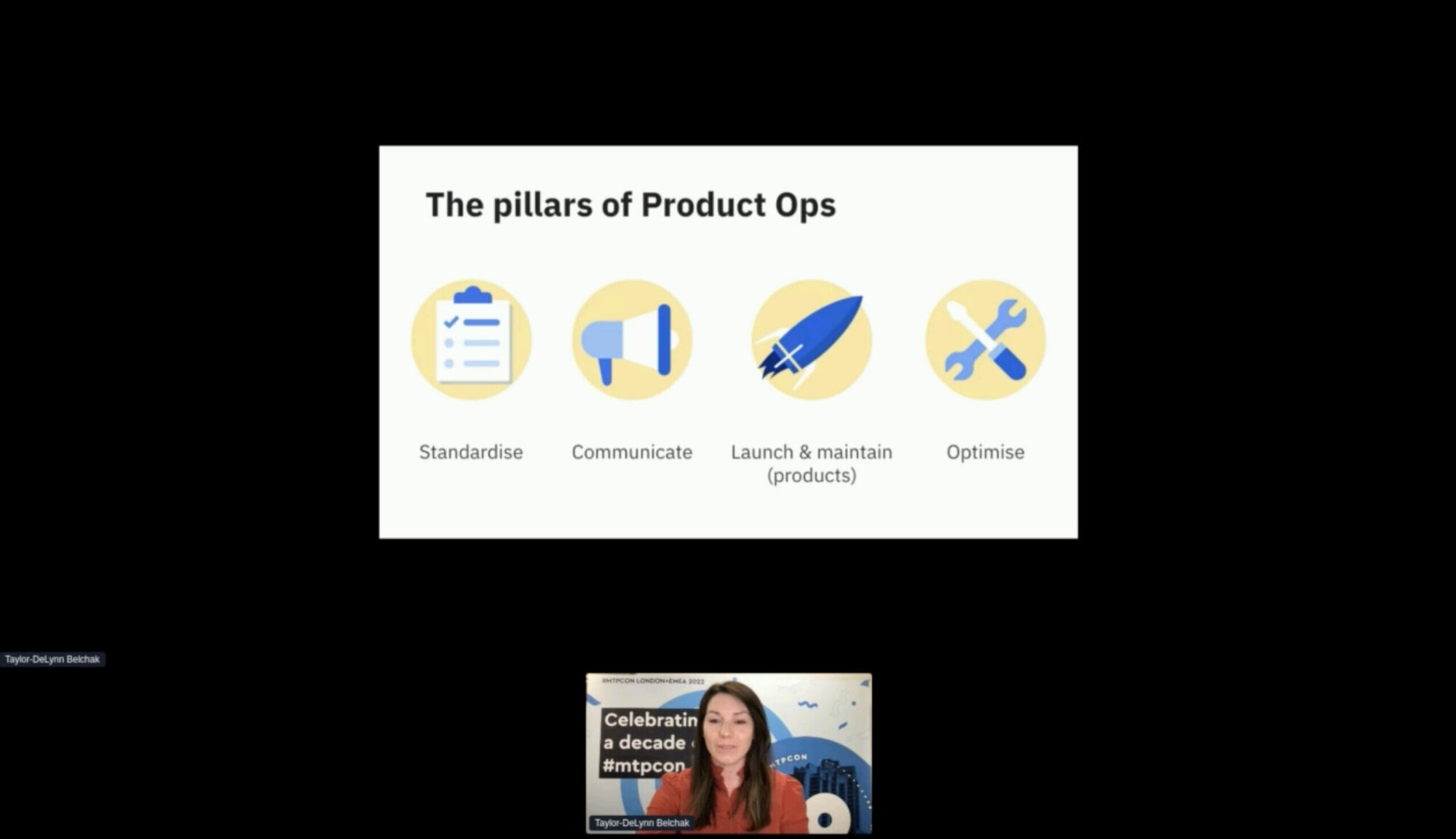
Designing better systems
For the closing keynote of #mtpcon London day 1, Bibi Groot, Head of Behavioural Science at Fair HQ discussed the promise and power of behavioural science to build fair and innovative teams
"We have a responsibility to make product and design inclusive and equitable so that everyone no matter their background can benefit from advances in innovation," Bibi says. She highlights the need for diverse teams. "Bringing diverse teams together can provide multiple perspectives on a problem, and cognitive psychology research shows that hearing people who think differently, actually changes the way that you think you're much more likely to work harder," she explains. Leaders and organisations have a key role to play in designing better systems so we can be our better selves and become more inclusive.
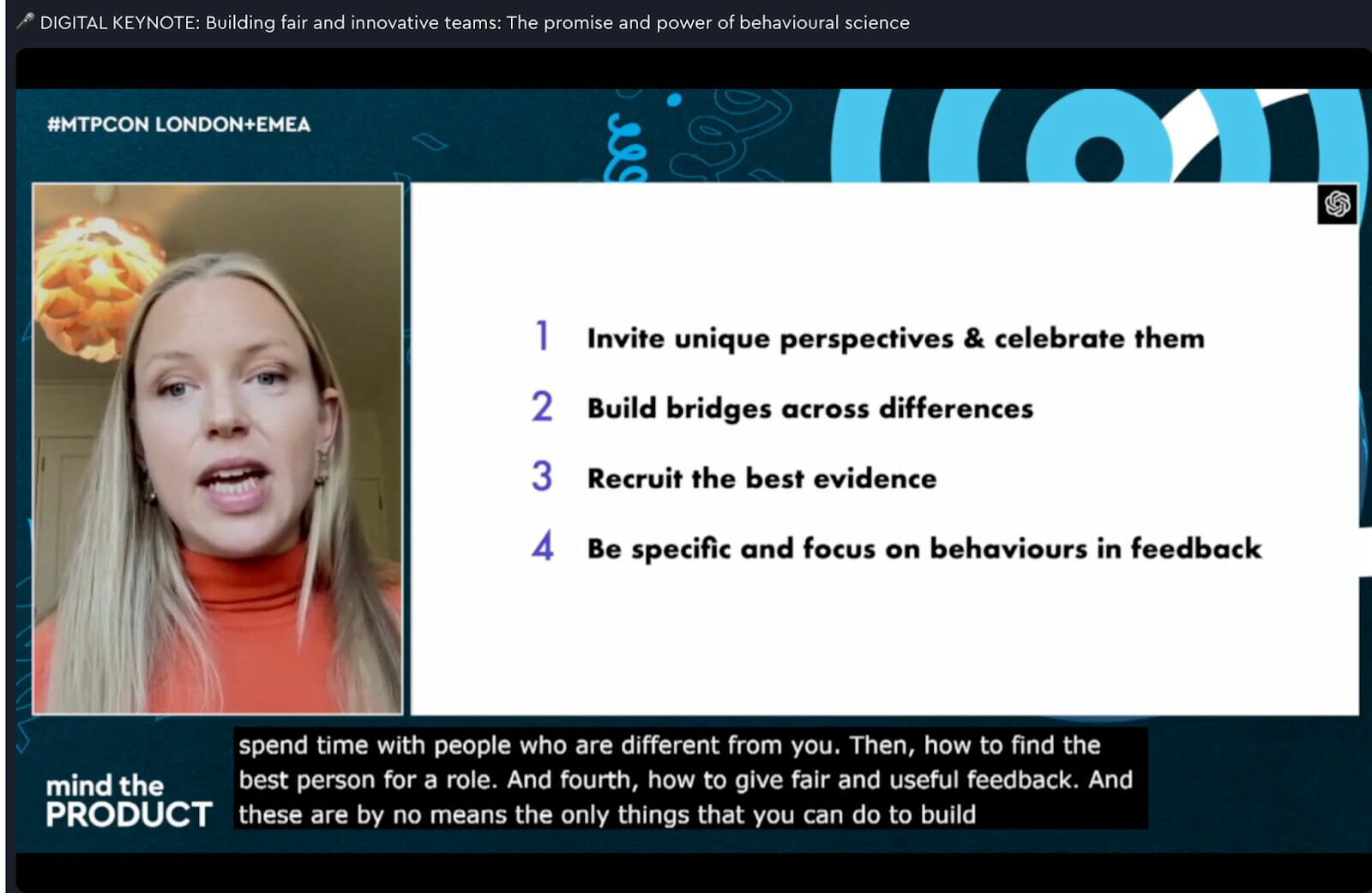
To encourage us to work against unconscious bias, Bibi challenges us to:
- Invite unique perspectives
- Build bridges across differences
- Recruit the best evidence for the best candidate and less about their background or bias towards others
- And finally, be specific and focus on behaviours in the feedback
Day one done and loads more to come…
To cap off a great day, our very own Emily Tate wrapped up the fantastic experience of day one. Throughout the digital part of our event, we were spoilt for choice with product insights!
Thank you to everyone who joined us for day one and to our wonderful crew and sponsors for all of their support!
We’ll be back tomorrow with even more insights from the in-person portion. Find out where, what, and how by visiting our #mtpcon London page. Missed a great session? If you’re a Prioritised or MTP Leader member, you also get exclusive access to all talk recordings – coming soon to your member dashboard!
See you in-person tomorrow!



